Bike Taxis Off the Roads, Auto Fares Take Off: Bengaluru Commuters Bear the Brunt
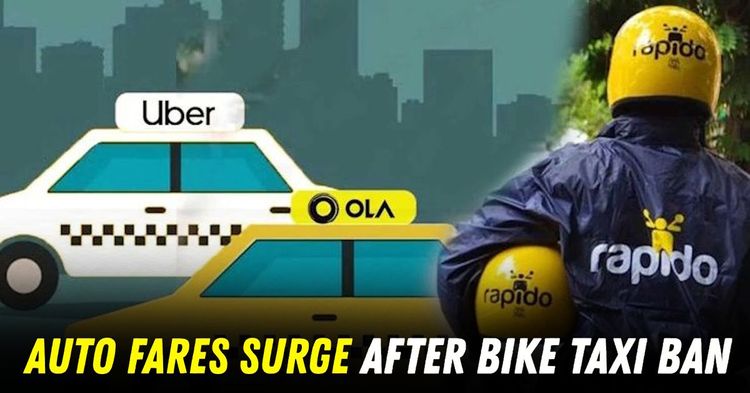

It has been barely two weeks since the Karnataka government enforced the bike taxi ban following a High Court order, and its ripple effects are now hitting commuters where it hurts most, their wallets. Across Bengaluru, passengers are reporting sharp fare hikes by auto-rickshaw drivers, especially during peak hours and short-distance trips. The absence of affordable bike taxi services has not only created a demand vacuum but also removed a critical price check that had long kept other operators in balance.
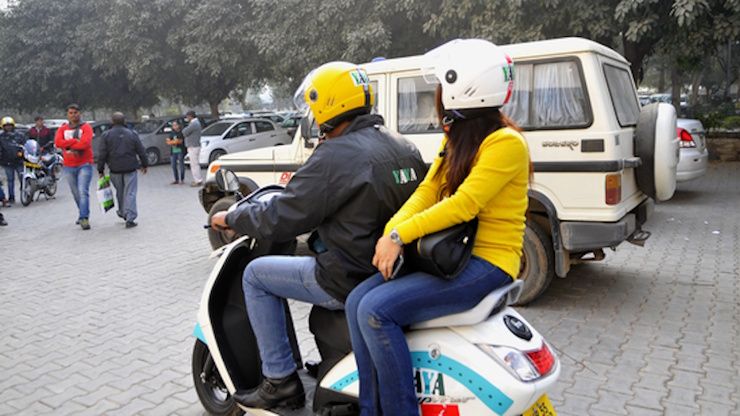
A quick trip from Indiranagar to MG Road, which would typically cost Rs 35 on a bike taxi, is now being quoted at Rs 100 or more by auto drivers, many of whom are refusing to use meters. App-based bookings are no different. Screenshots doing the rounds on social media show short 4 km rides costing as much as Rs 120, with surge pricing triggered by commuter desperation and dwindling transport alternatives. With no real-time fare monitoring and limited enforcement of meter rules, the situation is escalating daily.
Bengaluru’s bike taxis were never meant to be a permanent solution to the city’s mobility crisis, but for a large section of the population, they quickly became indispensable. Low-income workers, college students, gig economy staffers and office-goers relied on them not just for cost savings, but for consistency and speed. The convenience of a quick two-wheeler ride through clogged lanes during rush hour made them a preferred choice.
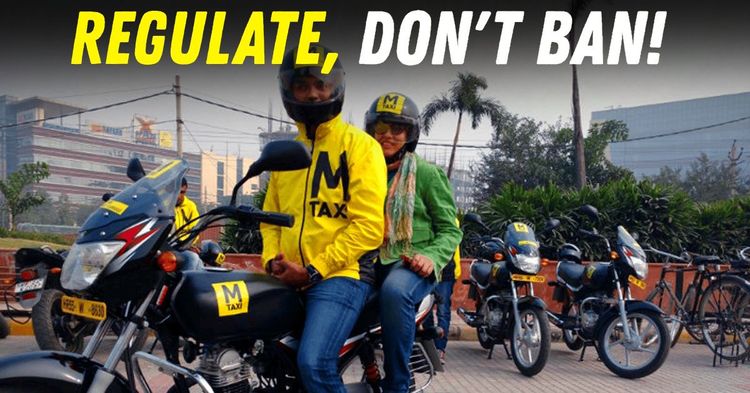
Now, with those options off the road, commuters are finding themselves squeezed between an inadequate public transport network and an increasingly opportunistic auto-rickshaw market. Metro coverage still has large gaps, BMTC buses are not always frequent, and walking long distances to reach pick-up points is simply not feasible for many. Autos, now without competition, have become the fallback, but they’re making the most of it.
Reports from across the city suggest that many auto drivers have abandoned meter usage altogether. In areas like Koramangala, Whitefield and Jayanagar, passengers are routinely being quoted flat rates that are double or even triple the standard fare. Some are openly refusing to accept digital payments, asking for cash only. With fewer bike taxis around to offer lower quotes on app platforms, there is little incentive for riders to negotiate or drivers to stay accountable.
Even app-based auto rides are subject to manipulations. Drivers frequently cancel trips unless passengers agree to pay above the displayed fare. Surge pricing mechanisms, once kept in check by bike taxis offering cheaper alternatives, are now left unchecked. And while rider complaints continue to pour in, enforcement remains sporadic and largely reactive.
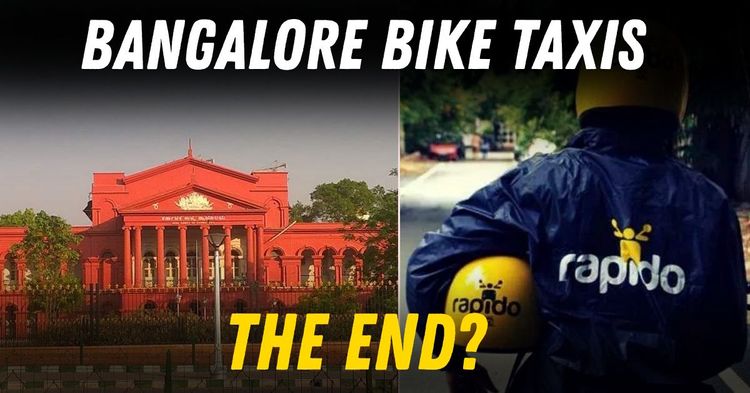
Frustrated commuters are taking to social media with their experiences. A software engineer from HSR Layout shared how his Rs 60 bike taxi ride has now turned into a Rs 150 auto ordeal, with drivers refusing to budge. A college student in Jayanagar mentioned being stranded late at night after five drivers rejected her app-based booking because she wouldn’t agree to pay extra. Similar stories are emerging from across the city.
The #BringBikeTaxiBack campaign, originally started by riders, is now being echoed by everyday passengers. For many, the issue is not about the mode of transport but the affordability and fairness of access. The bike taxi ban, they argue, has disrupted a fragile ecosystem where commuters had at least one affordable, flexible option. Now, that balance has been broken.
Interestingly, while bike taxi riders protested outside Vidhana Soudha demanding policy clarity, auto unions have maintained a studied silence. Some believe they’re benefiting from the absence of two-wheeler competition and are therefore unlikely to support any reversal. Others point out that auto drivers too are under economic pressure, and the removal of bike taxis has simply shifted bargaining power in their favour.
The government, for its part, has yet to provide a clear roadmap on regulating short-distance shared mobility. There has been talk of framing a comprehensive policy, but no timeline or interim solution has been announced. In the meantime, enforcement on meter usage remains patchy, and most complaints go unaddressed.
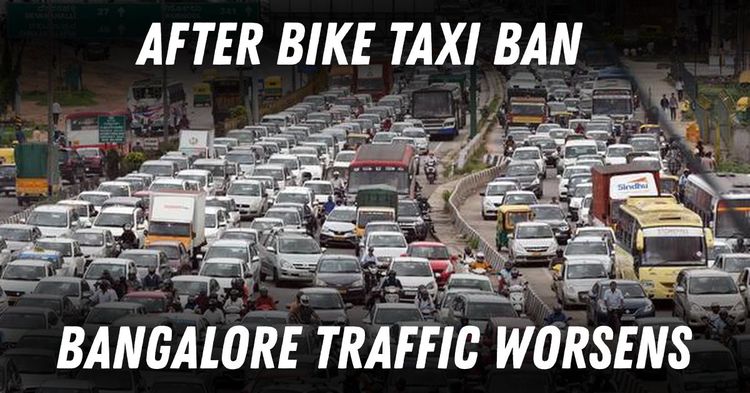
Bengaluru’s transport woes have never had an easy fix. The bike taxi ban has simply exposed how dependent the city had become on a patchwork solution. In removing it without an alternative, the authorities may have inadvertently worsened the very chaos they sought to control.
For now, commuters continue to bear the cost, both in money and lost time. With monsoon around the corner and traffic snarls already worsening, the demand for reliable, affordable, and fast transport will only grow louder. Unless policymakers act quickly to restore balance, Bengaluru risks becoming a city where mobility is no longer a right, but a privilege few can afford.